In the realm of horror games, the new title "Infestation 88" from Nightmare Forge Games has recently garnered attention due to its Mickey Mouse-themed setting and controversial naming. The survival horror co-op game is designed for 1-4 players and drew negative scrutiny for what was perceived as Neo-Nazi connotations in its original name. The year "88" raised alarms as it often signals Neo-Nazi ideologies due to its association with the phrase "Heil Hitler", but the developers have denied any such intent. They explained that the "88" in the game's title merely represented the year 1988 and was chosen for its symmetry in the artwork. Following backlash, the game has been renamed "Infestation: Origins".
Further concerns were raised about the game's development practices, particularly the use of pre-made assets from the Unity Store and AI-generated voice-overs for its trailer. Nightmare Forge Games has acknowledged the use of these assets but indicates that the final product will feature original work including voice acting. "Infestation 88" has yet to receive a firm release date, but it aims to debut in early access in 2024, amidst a growing trend of quickly developed games that are often considered 'shovelware'.
What are the concerns surrounding "Infestation 88" and how has the game's development team responded?The concerns about "Infestation 88" centered around potential Neo-Nazi references in its title and questionable development practices such as asset flipping and the use of AI-generated voices. The developers at Nightmare Forge Games have responded by changing the game's name to "Infestation: Origins" to disassociate from any hateful connotations and vowed to invest more work into the project, including hiring voice actors for the game's narration.
"Infestation: Origins" steps into the spotlight as Mickey Mouse recently entered the public domain, which has seen various creators exploring the iconic character in new media forms, including horror. The game's concept appears to follow a trend that includes titles such as "Winnie the Pooh: Blood and Honey", which reimagines beloved characters in unsettling and mature-themed settings. This approach to game development not only capitalizes on nostalgia but also caters to an audience that enjoys seeing classic figures reenvisioned in novel and even grim ways.

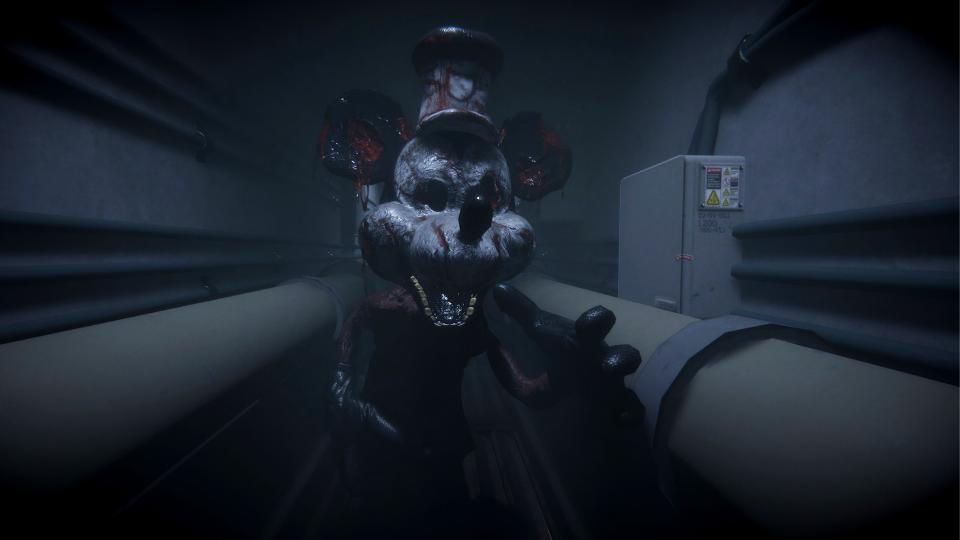
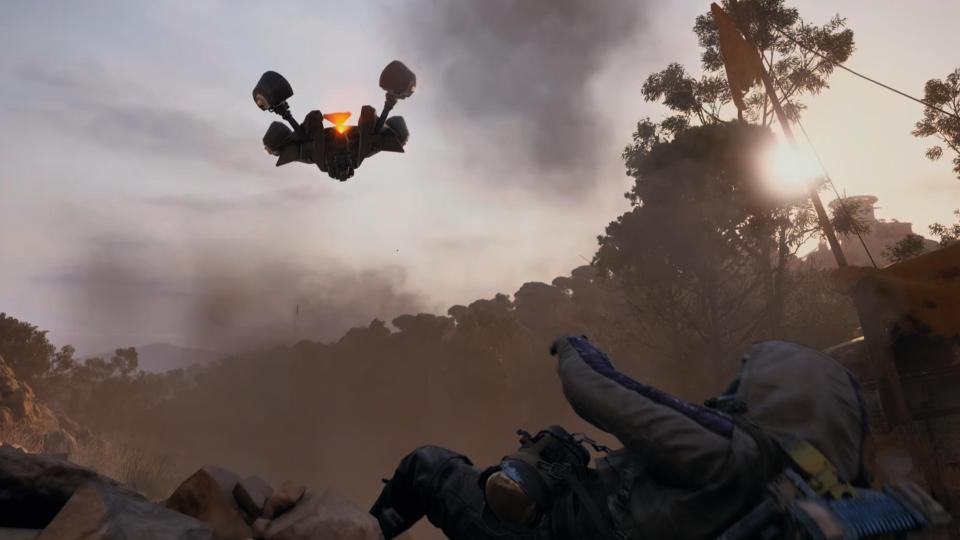
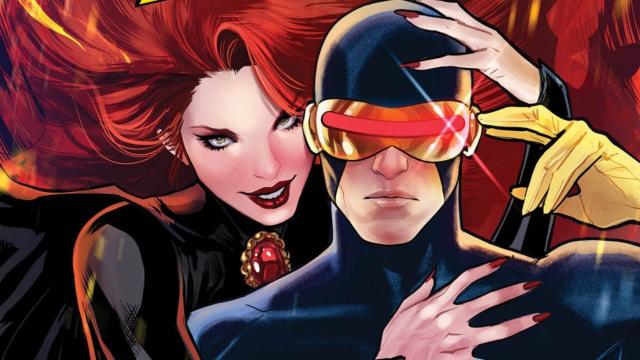
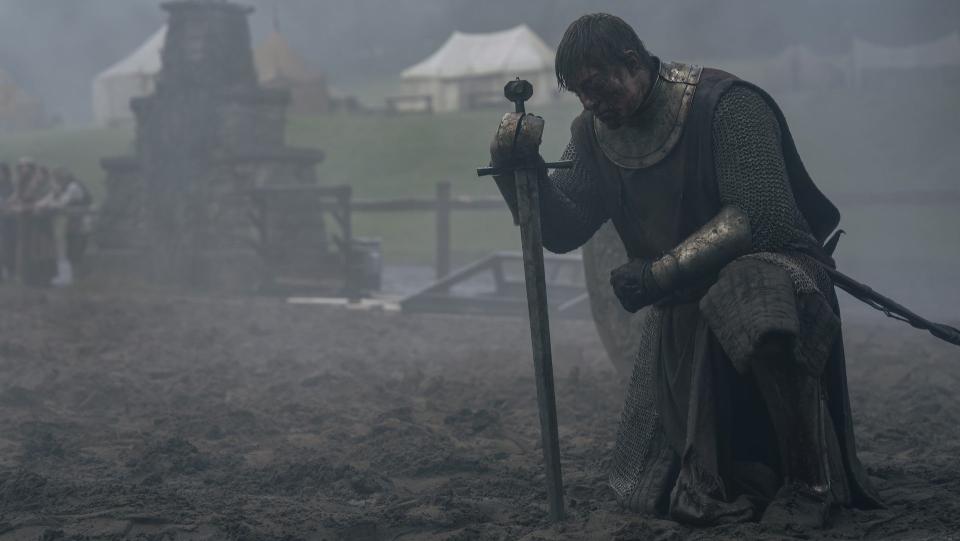
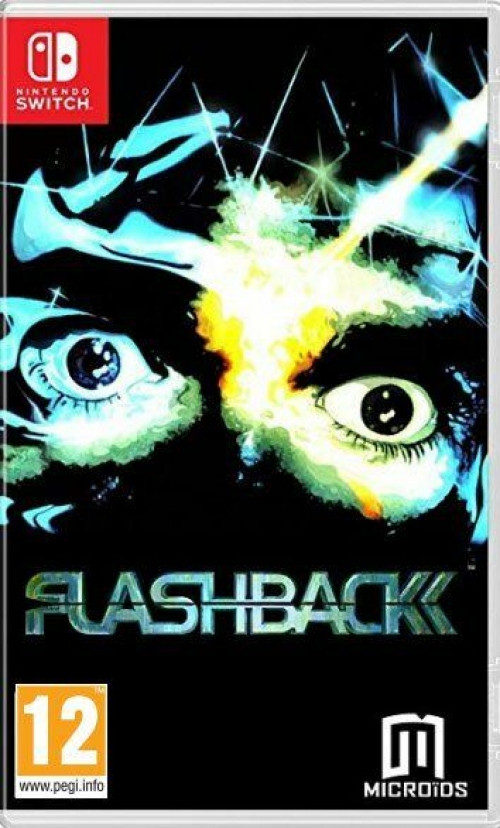
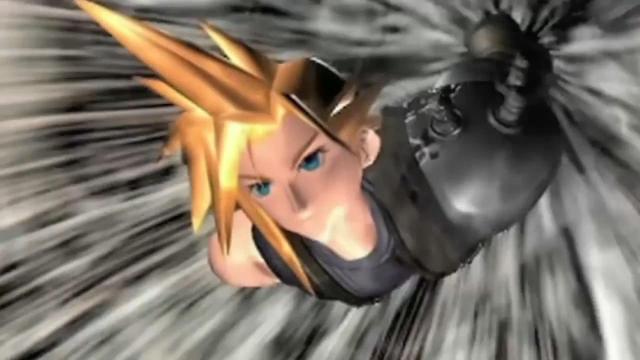
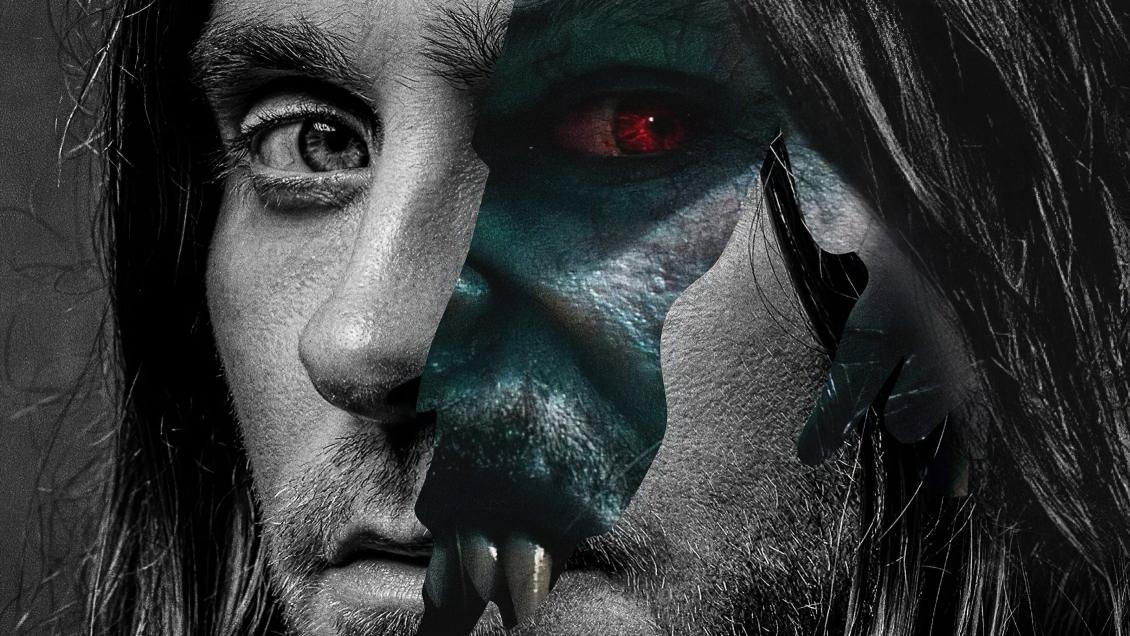
Comments
No comments yet. Be the first to comment!